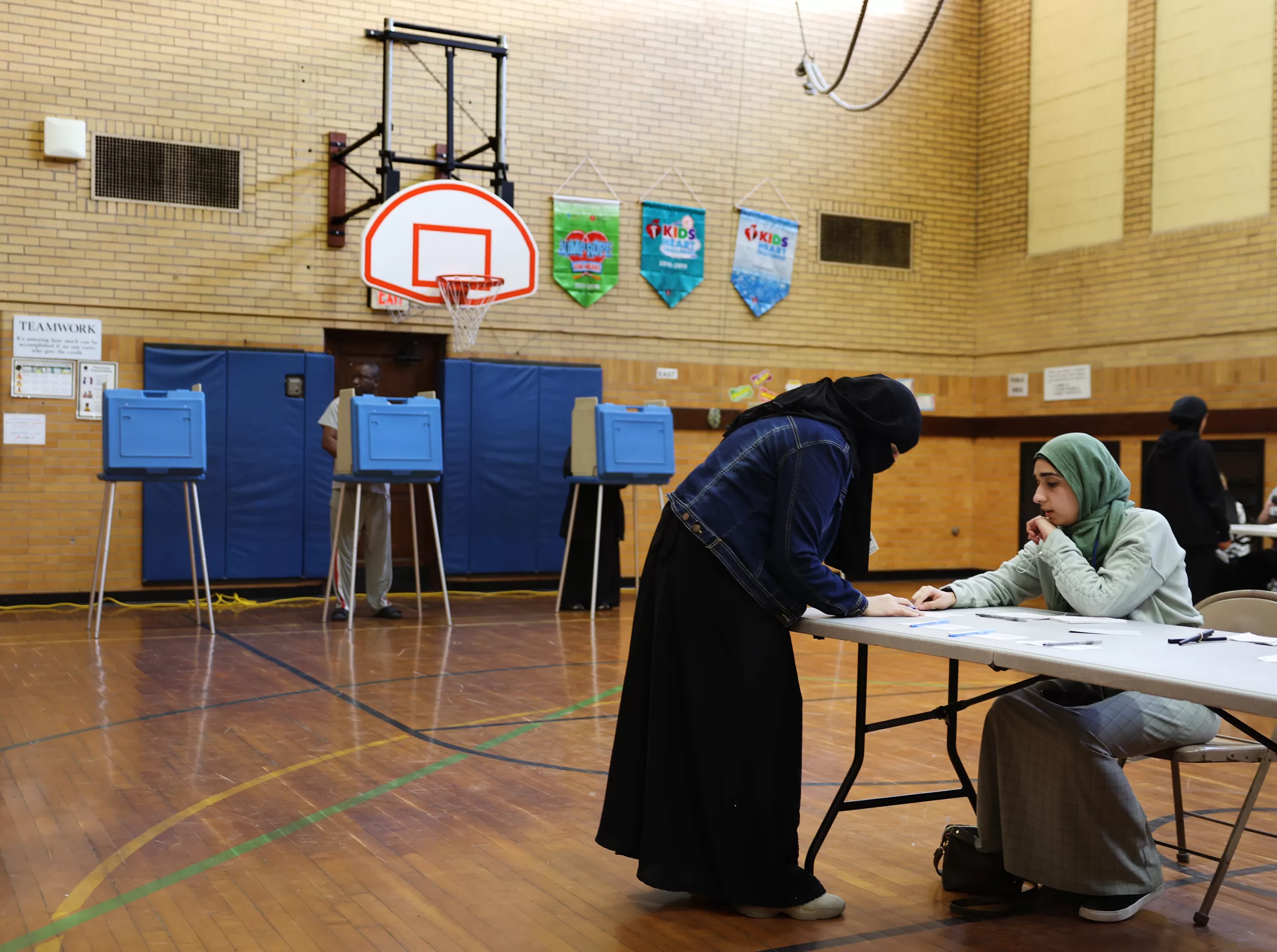For Biden, the main political threat has come from progressives and like-minded voters. A coalition of Arab-American leaders in Michigan organized a push for the “uncommitted” vote through the “Listen to Michigan” campaign. The effort involved organized protests and phone-banks, reaching tens of thousands of voters, with an aim to pressure the president into supporting an immediate cease-fire in Gaza.
For Trump, the threats have been both political and legal in nature. His unbroken swing of early state victories has given him a commanding position in Republican politics. But he remains embroiled in court cases stemming from his business practices and his time in office. And he continues to slash at primary rivals — past and present — even after they have ceased to threaten him politically.
While the threats to each candidate underscore the delicate nature of the state of both parties, the approaches each has taken to dealing with those threats is revealing too.
Trump has taken steps in recent days to claim more direct operational control of the party, including installing loyalists, among them his daughter in law, at the Republican National Committee.
Biden, for his part, dispatched top administration officials and allies in Congress to Michigan to talk with community leaders about the Israel-Hamas conflict. The state’s governor, Gretchen Whitmer, encouraged Democrats to vote for the president even as other Democrats — including Rep. Rashida Tlaib, who represents parts of Detroit and Dearborn, and former presidential candidate Beto O’Rourke — pushed voters towards the “uncommitted” line.
Notably, Biden
said on Monday he thought a cease-fire between Israel and Hamas could be in place in a week — “I hope by the end of the weekend,” Biden told reporters, when he was asked about the timing. His comments came ahead of Tuesday’s vote, but they’re also timed with ongoing talks between the U.S., Israel, Egypt and Qatar over a six-week pause in the fighting between Israel and Hamas.
“Listen to Michigan” organizers have not been persuaded by the steps the administration has taken. They had set 10,000 votes as its benchmark for success in a memo sent on Monday, noting that was roughly the margin Donald Trump won Michigan by during the 2016 general election.
That was a low estimate. “Uncommitted” earned about 20,000 voters in the last three Michigan presidential primaries. In 2012, “uncommitted” earned nearly 21,000 votes, when then-President Barack Obama ran with no opposition on the primary ballot in the state.
The “Listen to Michigan” campaign saw “uncommitted” easily clear that figure shortly after polls closed. And its organizers quickly declared that they anticipated getting more than 15 percent of the vote in at least one congressional district, which would qualify it for a delegate at the Democratic National Convention this summer.
“This means Michigan will be sending at least one delegate to Chicago to declare that they are uncommitted to the Democratic nominee as long as he or she funds Israel’s war in Gaza,” said Layla Elabed, campaign manager of “Listen To Michigan.”
Biden allies, for their part, moved to cast the evening as a constructive effort to push new policy but one that ultimately needed to be weighed against the prospect of Trump returning to office.
“We’ve got a stark choice in front of us between Joe Biden and Donald Trump,” Whitmer said in a statement. “In Michigan, it’s time to come together and go full steam ahead to November for Joe Biden and Kamala Harris.”
